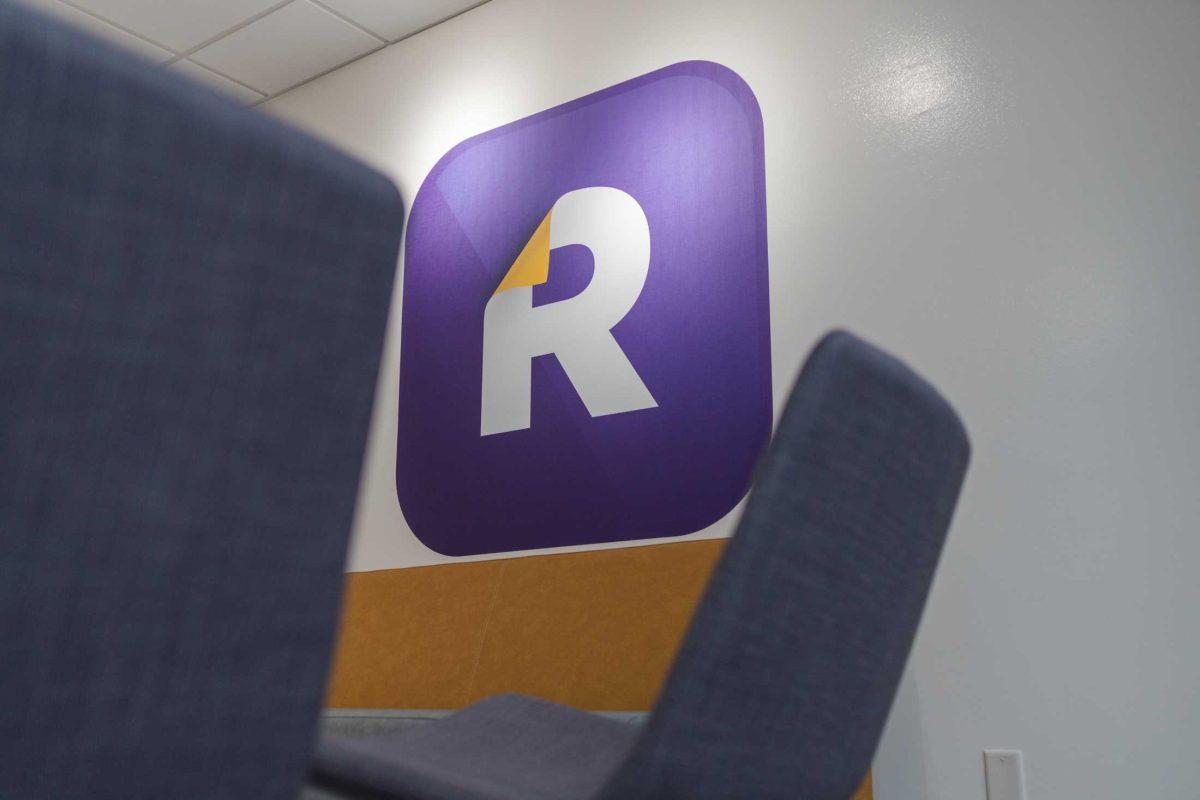CVS/Caremark announced Wednesday it won’t sell cigarettes starting in October because of unhealthy implications. Which is great, since you’ll soon hear about lobbyists in D.C. arguing for stricter regulations on the health of U.S. food.
Oh wait. You won’t.
This move isn’t about health. Despite the $2 billion cut into CVS’s $123 billion revenue, this is about money. While that might seem like a drop in the bucket for such a behemoth of a corporation, any loss is something to be avoided.
Looking at the bigger picture, though, everything comes into focus.
By banning cigarettes, CVS catapults itself into a category of cleaner, more family friendly level of drugstores like Target.
Consider its image compared to that of Walmart. Target has brighter, cleaner products and markets itself as a place for families. Walmart, on the other hand, has everything, and it’s all gray.
Even the lighting in the two stores feels different.
So while CVS strives toward its Target, they must have some guarantee they’ll make up the $2 billion in revenue and potentially more.
Don’t be surprised when the Blue Cross Blue Shield Association announces it will only fill prescriptions at CVS drugstores starting in November.
There’s always some incentive.
If this initiative actually had anything to do with promoting health, CVS would ban alcohol, ice cream and the entire chip aisle.
Maybe CVS has those lined up on the chopping block as well, starting an endless parade of banned products.
But I assume it doesn’t, unless the company has a whole health food branch waiting in the wings for New York-style bans against large sizes and trans fats to come into full effect after its trendsetting.
And wouldn’t that be a spectacular business opportunity.
Either that, or CVS is in the process of buying Trader Joe’s from its German-based parent company, Aldi Nord.
Regardless of any sort of scheme behind its supposed health-conscious move, it won’t happen until October, so students will have time to adjust to the idea of braving Circle K for more than Polar Pops.
Unless Circle K decides to hop on the CVS train and become healthy as well. Then we’d be in a real cigarette desert, and Ra Shop would win the entirety of that revenue.
As it stands, CVS will have time to absorb the loss of revenue and beef up for its apparent new role as doctor.
I’d love to see CVS expand its stores by turning the space that used to hold cigarettes into a new clinic.
The pharmacists could refer potential patients to the in-house doctor for anything that requires a prescription, and everything would be under one roof.
Plus, I’m sure “CVS doctor” would look great on a résumé next to other college-student-level jobs like lab intern and bartender.
It could be branded as community outreach and get a tax break.
The University’s smoking ban also begins next fall, with the start of a new semester. Maybe our local CVS influenced the timing, so its lost revenue for freshmen wanting to smoke as a mark of newfound freedom wouldn’t reflect poorly on marketing skills.
That’s one of its primary niche markets, I’m sure. That and already-drunk members of Greek life who just need one more case of Miller.
And soon CVS will deprive them of one-stop-shopping convenience.
Maybe this trend will continue, ushering in a new era of health-conscious businesses and niche markets.
We can’t predict the future, but I’d love to see corporations run the numbers.
Megan Dunbar is a 20-year-old English senior from Greenville, S.C.
Opinion: CVS cigarette ban based on budget, not health
By Megan Dunbar
February 5, 2014
CVS announced Wednesday that it would cease selling cigarettes and other forms of tobacco by October 2014, with President and CEO Larry J. Merlo saying “the sale of tobacco products is inconsistent with our purpose.”
More to Discover













